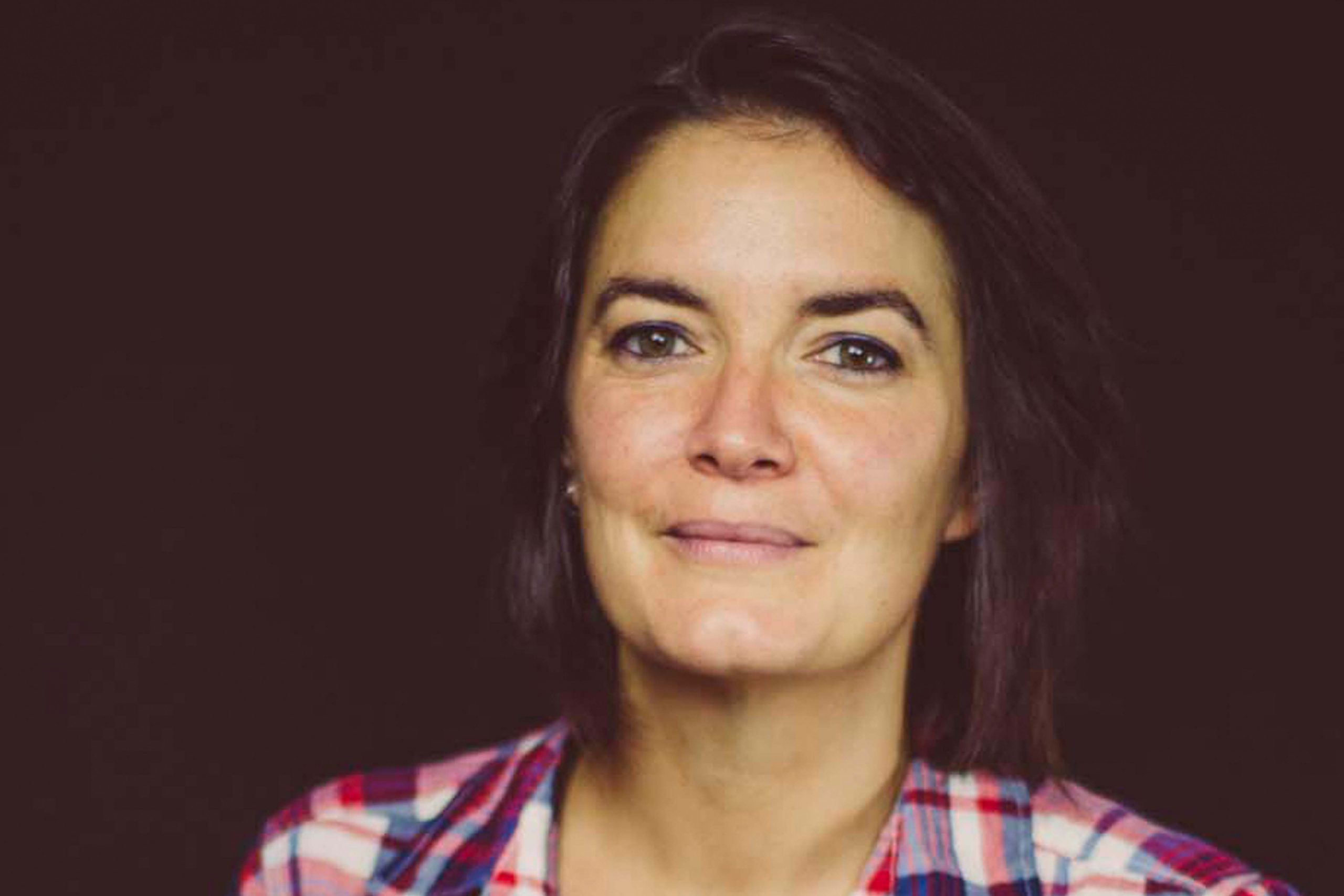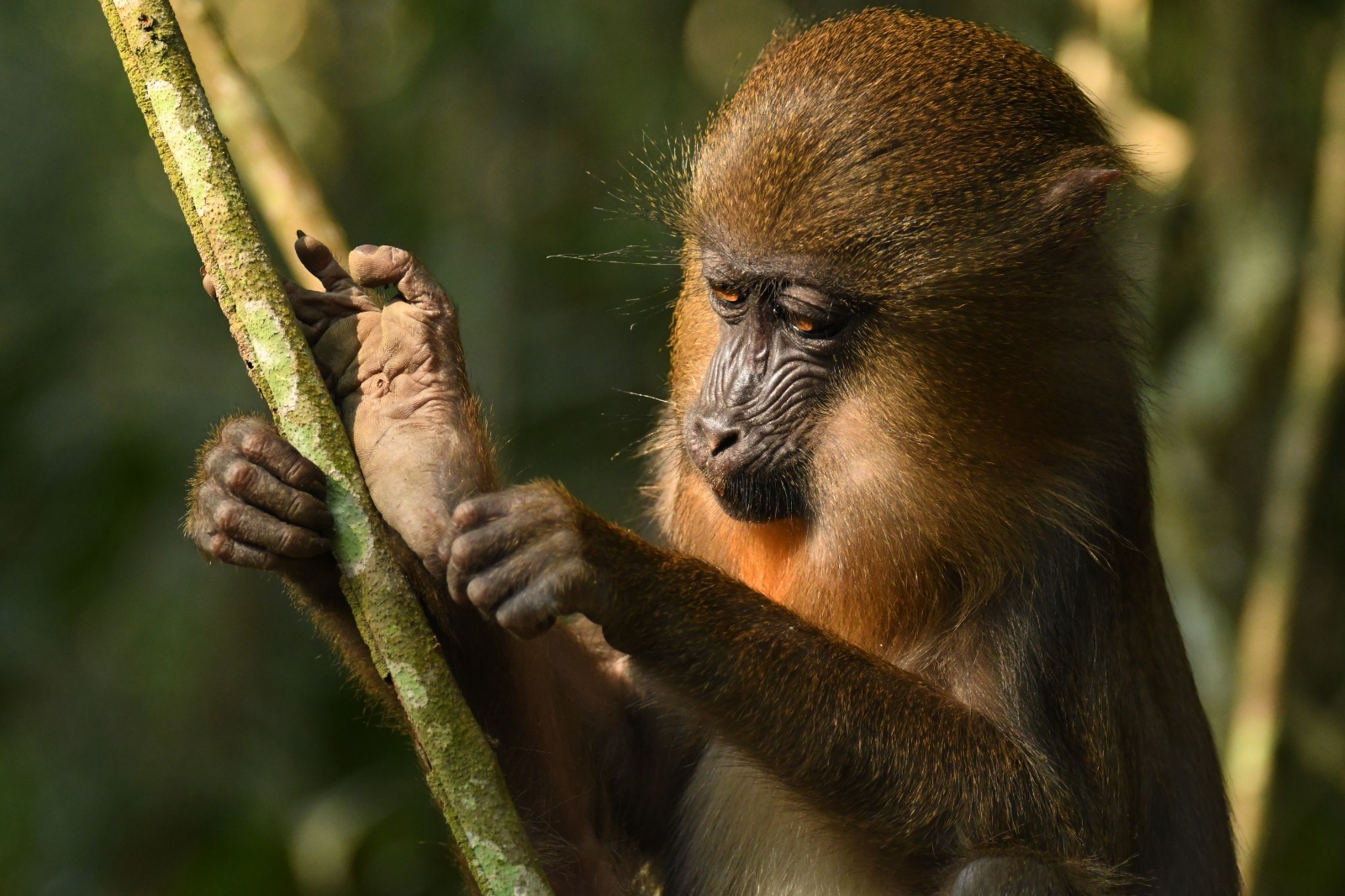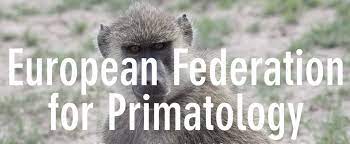Marie Charpentier
Directrice de Recherche
Je travaille sur l'évolution de la socialité dans les sociétés de primates en utilisant des données à long terme centrées sur les individus. Depuis 2012, je gère une station de terrain dans le sud du Gabon (Parc de la Lékédi, Bakoumba) pour étudier la seule population naturelle de mandrills habitués au monde. Dans cette population, j'étudie les principaux déterminants des relations sociales, tels que la parenté ou le statut parasitaire individuel, ainsi que les facteurs proximaux qui régulent ces relations.
The social microbiome: The missing mechanism mediating the sociality-fitness nexus?
Chez de nombreux mammifères sociaux, la vie sociale précoce et l’intégration sociale à l’âge adulte...
The Mandrillus Project
Le projet Mandrillus (www.projetmandrillus.com) étudie la socio-écologie de la seule population habituée de mandrills sauvages...
Stillbirth of a mandrill (Mandrillus sphinx) in the wild: perinatal behaviors and delivery sequences
La naissance est un événement fondamental dans la vie des animaux, y compris dans notre...
[cv-hal id=marie-charpentier type= authIdHal_s]
Follow Me On

Contact Info
Specialty
Mandrills, Primatology, Sociality

